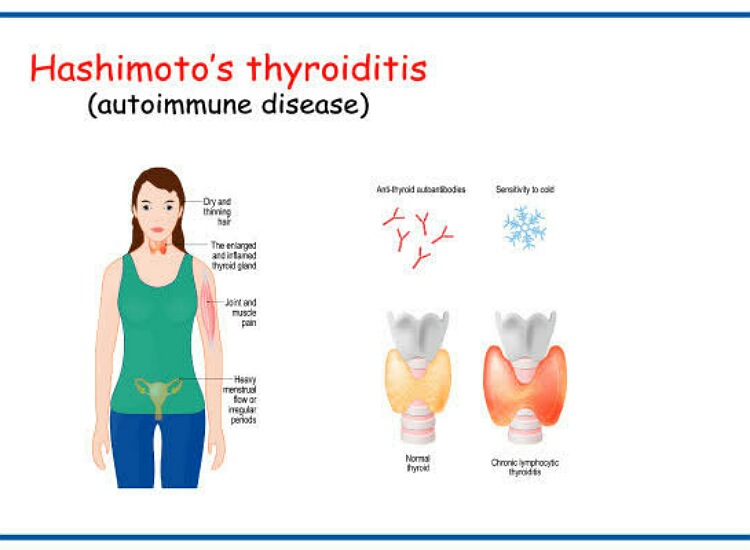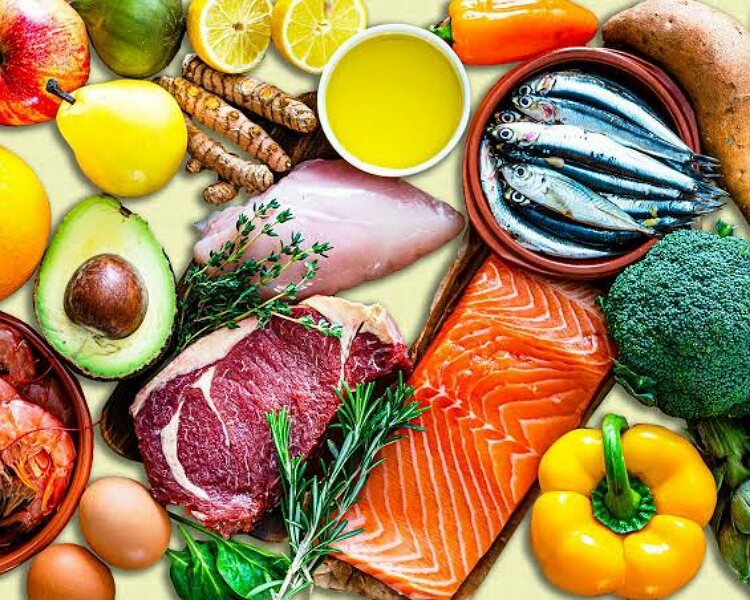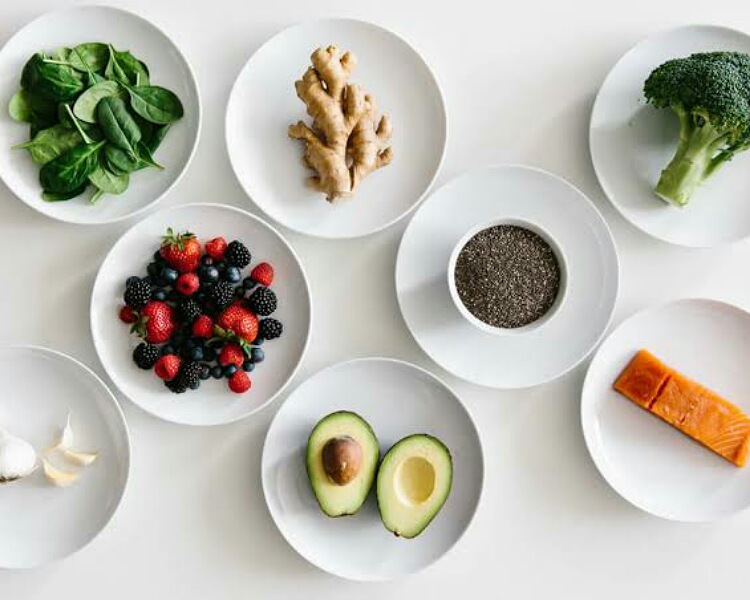Hashimoto’s thyroiditis is an autoimmune condition. There is inflammation involved in it. Besides medicines, diet and lifestyle change can greatly help the person.
Hashimoto’s thyroiditis
Hashimoto’s thyroiditis is an autoimmune inflammation of the thyroid gland. It is a common condition affecting the gland. Since thyroid gland cells get destroyed, the production of the thyroid hormones are hampered. This leads to a state of deficiency and hence the symptoms.

Medications are prescribed for the condition. But despite those, symptoms persist. This is because the underlying inflammation remains untreated or poorly treated. Diet and lifestyle changes can help here as supplementary therapy. Which foods will help improve symptoms? And which foods can worsen them?
Foods to avoid
Studies have shown that certain foods can harm the ongoing inflammatory damage to the thyroid gland. Moreover, celiac disease is a common association with Hashimoto’s thyroiditis. Hence screening for this coexistent condition is essential. Gluten free diet helps both the conditions. 34 women with Hashimoto’s were provided with a gluten free diet for six months. A drop in their thyroid antibodies levels were noted. Thyroid function also showed an improvement.

Hence, avoid wheat, barley and rye. Some prefer to omit all grains. But the benefit with this radical approach is limited. Moreover, many patients get benefit with the autoimmune protocol diet. In this, all potentially harmful foods are eliminated. These include grains, nightshades, milk, added sugar, coffee, eggs, legumes, alcohol, nuts, seeds, oils, and food additives. In 16 women with Hashimoto’s on this diet for ten weeks, the inflammatory markers reduced and symptoms showed an improvement.
Moreover lactose intolerance is common in these patients (75.9%). Hence avoid milk. Avoid fast foods, fried foods, ultra processed foods, sugary foods and drinks, refined grains, and gluten rich foods. Additionally, do not take goitrogens such as in cruciferous vegetables and soy products.
Foods to eat
The patient should focus on anti-inflammatory foods. Fruits and vegetables are good in this respect. A study on 218 patients of Hashimoto’s showed that they had improvement in symptoms with fruits and vegetables. Moreover, certain fatty fish and spices also possess anti-inflammatory properties. Consumption of these Sid in symptoms amelioration.
Whole, real, natural and nutrients dense foods are best. Prefer to prepare foods at home from the scratch. Moreover, one should have high protein, and fiber rich foods with lots of healthy fats.

Also, one can add supplements of selenium, iron, magnesium, zinc, vitamin D and B complex on doctor’s advice. Curcumin has a useful substance that can decrease inflammation of the gland and thus protect and heal the thyroid. Moreover, fish oil, alpha-lipoic acid, and N-acetyl cysteine are other substances that are also beneficial. Iodine is good for the gland but take iodine only after talking to your doctor because high doses of it can harm the gland.
Read here: What is Ray Peat diet? Foods allowed, forbidden, and health claims!
A healthy wholesome diet helps. It should include fruits, vegetables, healthy fats, lean protein, seeds, nuts, lentils, beans, non dairy milk substitute, spices, herbs, condiments, and unsweetened beverages.
